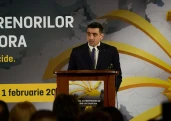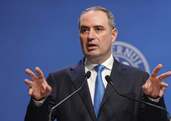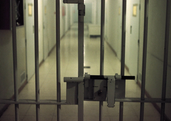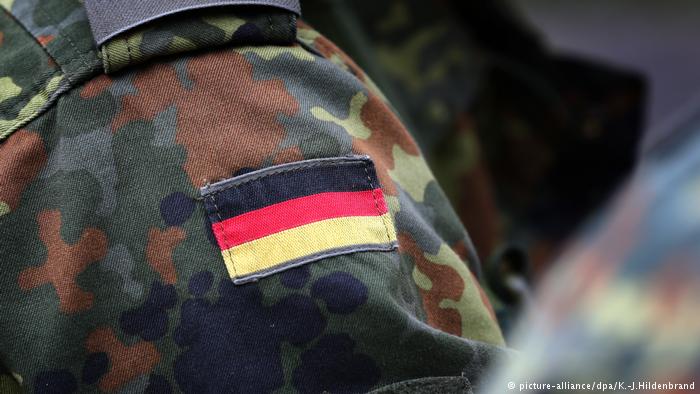The police and penitentiary police announce they will continue the forms of protest in 2023, as they do not delude themselves with promises, given that the Minister of Finance admitted during discussion that they are the category of state employees the furthest from the wage level in Law 153/2017 and who promised them that in addition to upgrading the rank pay scale, they will meet again at the end of February 2023 to analyse the budgetary availability to cover more salary arrears, informs a press release from the National Union of Penitentiary Police (SNPP).
"Today, in front of the Ministry of Finance, 500 police officers (EUROPOL) and penitentiary police guards (SNPP) chanted again for the application of the law. We demanded the elimination of all the arrears generated by the non-application of the framework law on wages, the updating of food and equipment standards, of the rank pay scale and all the rights that have been frozen for more than a decade, as well as the indexation of military pensions," reads the SNPP press release.
According to the source, although the Government approved since the beginning of December the Emergency ordinance on the fiscal-budgetary measures for 2023, through which it also snuck in the wage "freeze" the granting of 10 percent to the salary/rank pay in order to cut from the pay arrears, by organizing the protest on Thursday, the message of the police is clear: "We no longer accept to be the ones to always get sacrificed!".
"We chanted against the humiliation and shame that we endure, because as long as the salary of a police officer ended up being lower than the gross minimum wage of an unskilled worker in the construction sector, which will be 4,000 RON in 2023, it is clear that the governors want a weak, underfunded Police and Penitentiary Police, so that they can quietly play their political games. What is to be appreciated, however, is the fact that Minister of Finance Adrian Caciu made time for a discussion for about an hour, in which was presented in detail the situation of the suspended, capped wage rights, maintained at the 2009 salary level, postponed, frozen, which led to the ridiculous situation in which, with each increase in the minimum wage, the wages/rank pay are checked and possibly artificially increased so as not to be below the legal level. This effect generated a compression of pay grades, as a result of which situations arose where an employee with 1 year of seniority has the same salary as another with 20 years of seniority," the document says.
The discussions were attended by Dumitru Costin, president of the National Trade Union Bloc, Stefan Teoroc, president of the Publisind Federation and SNPP and Cosmin Andreica, president of the EUROPOL Union.AGERPRES
































Comentează